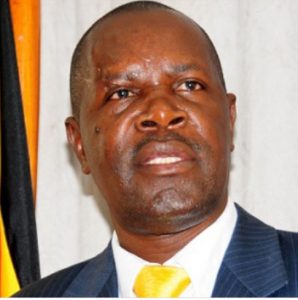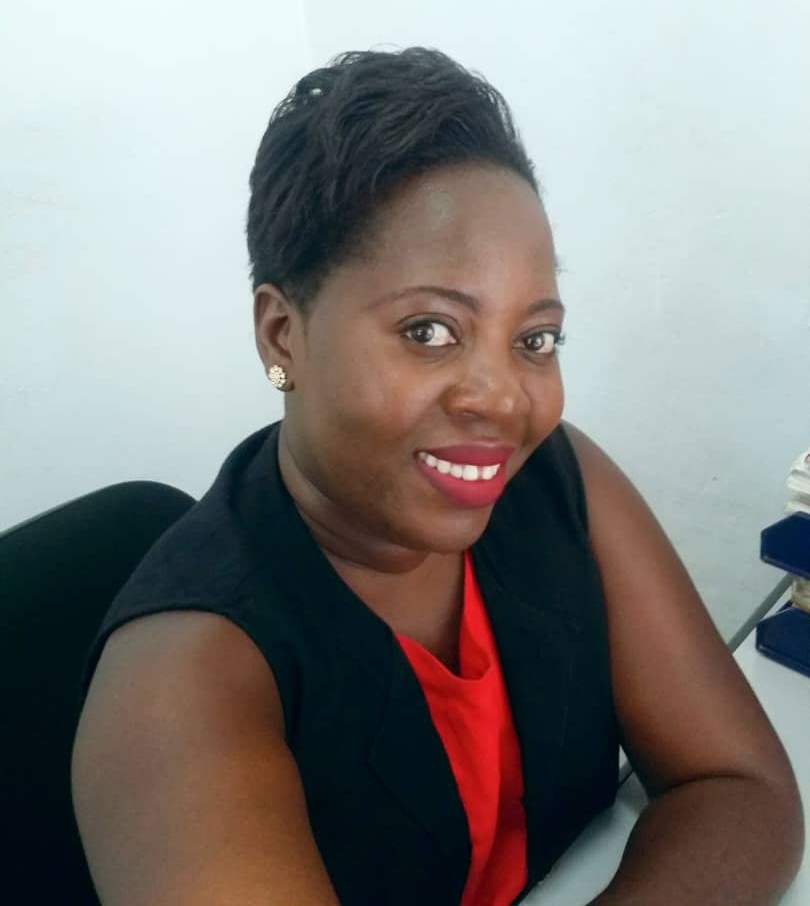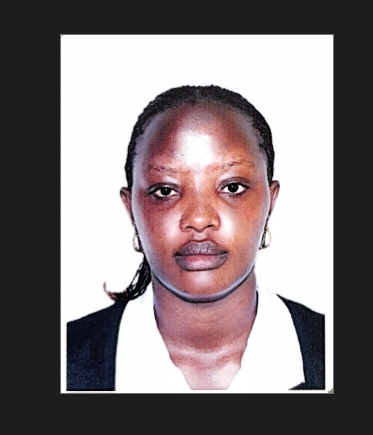
NRM DELIVERING PROGRESS IN LANGO (2021–2026)
The National Resistance Movement (NRM) Government continues to transform lives across the Lango sub-region through visible progress in wealth creation, education, health, and infrastructure. From Amolatar to Kwania, communities are benefiting from improved livelihoods and expanded access to essential services as Uganda advances toward Vision 2040. Amolatar Over UGX 26.1 billion has been invested through the Parish Development Model (PDM), benefiting 26,000 individuals in 1,273 enterprise groups. Farmers like Opeto Tonny and Ongom Joshua have expanded their goat and poultry farms, demonstrating the PDM’s impact on household income. The Emyooga Programme has injected UGX 2.97 billion into 35 Savings and Credit Cooperative Organisations (SACCOs), serving nearly 2,000 members, while the Youth Livelihood Programme (YLP) has supported 59 youth groups with UGX 287 million, creating new employment opportunities. Amolatar hosts 53 Universal Primary Education (UPE) schools, 8 Universal Secondary Education (USE) schools, and one technical institute, serving over 32,000 learners. Upgraded health centres, a new ambulance, and modern maternity wards have improved healthcare. Partnerships with the Food and Agriculture Organisation (FAO) introduced three solar-powered irrigation systems and a valley tank, enhancing food production and security. Dokolo Dokolo has received UGX 21.9 billion through PDM, supporting 17,700 enterprise groups. The Senior Citizens Grant now reaches 8,000 older persons, while the Agriculture Cluster Development Project (ACDP) has boosted post-harvest handling. Three new Seed Secondary Schools, located at Okwongodul Lakeside, Batta, and Adeknino, were built under the Uganda Intergovernmental Fiscal Transfers (UGIFT) programme. These schools provide modern classrooms and laboratories to over 4,500 learners. Health services have expanded with the addition of seven upgraded facilities, including a new maternity ward at Abalang Health Centre III, and malaria cases have been reduced by over 30% through annual mosquito net distribution. Improved roads and a UGX 1.3 billion investment in water and sanitation have increased access to clean water. The UGX 14 billion Kabalega–Mwanga Historical Site Project is positioning Dokolo as a new tourism hub in Northern Uganda. Alebtong Over UGX 18.4 billion has been disbursed through the PDM, alongside funds from Emyooga, YLP, and the Uganda Women Entrepreneurship Programme (UWEP), supporting 15,000 households in agriculture and small business. Five new Seed Secondary Schools in Awei, Angetta, Abia, Adwir, and Amugu now serve 6,000 learners, reducing dropout rates. The district has one Health Centre IV, ten Health Centre IIIs, and four Health Centre IIs, with the addition of new staff housing and ambulances enhancing healthcare delivery. Road rehabilitation under the UGX 1.3 billion Road Fund has enhanced connectivity, while electricity access now covers seven sub-counties and four town councils. Piped water systems in Amugu, Abako, and Alebtong Town Councils provide clean water to 12,000 residents. Otuke Since 2022, UGX 16 billion has been invested through the PDM, benefiting 52 SACCOs and 16,000 individuals. Complementary programs such as Emyooga, YLP, UWEP, and UGIFT have expanded opportunities for women, youth, and farmers. Otuke now hosts new Seed Secondary Schools and a technical institute in Okwang, providing vocational training to 2,000 learners. Barjobi Health Centre III was upgraded to Health Centre IV with a new operating theatre. Over 108 kilometres of roads have been opened, rural electrification now reaches nine sub-counties, and enhanced security operations have significantly reduced cattle rustling, thereby restoring peace and economic activity. Kwania Kwania has channelled UGX 12.5 billion through the PDM, empowering 12,000 households engaged in poultry and livestock. Additional support from Emyooga, YLP, and UWEP has strengthened small enterprises and created new income streams. Two new Seed Secondary Schools in Aduku and Abongomola now accommodate 3,800 students, increasing enrolment and reducing dropouts, especially among children from fishing communities. Conclusion Across Lango, the NRM Government’s investments between 2021 and 2026 reflect its commitment to inclusive growth and sustainable development. With expanded education, healthcare, roads, and enterprise support, the region stands as a model of community empowerment and resilience. Every new school, health centre, and enterprise tells a story of steady progress and shared prosperity under the NRM Government. The Writer is a Communication Officer – Ministry of ICT & National Guidance
By Fiona Luboga






